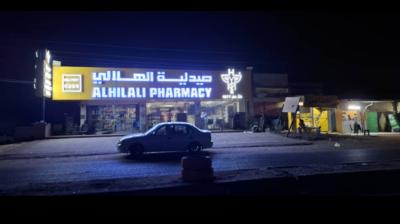Wartime Sexual Violence, Social Stigmatization and Humanitarian Aid: Survey Evidence from eastern Democratic Republic of Congo
Sexual violence by armed groups is common in civil wars. Qualitative studies have shown that victims and their families experience social stigmatization. Stigmatization is viewed as a central mechanism to social exclusion and disintegration impeding post-conflict social, political, and economic recovery. We provide new theory on the social conditions under which rape-related stigma intensifies and decreases. Drawing on an original population-based survey in eastern Democratic Republic of Congo, we find that victims and their families experience higher levels of stigma compared to unaffected families and these effects are dependent on community attitudes and norms. Furthermore, we find that humanitarian support interventions designed to address the social nature of stigma can reduce stigma. Our article significantly expands prior knowledge on a central mechanism in post-conflict recovery by providing a refined theory on wartime rape-related stigma and the role of humanitarian aid in mitigating negative effects based on representative data.
https://doi.org/10.1177/00220027211064259

![Engasjert antropologi i turbulente tider [Engaged Anthropology in Turbulent Times].](http://www.cmi.no/img/400/19475-Screenshot-2025-12-25-at-180604.png)
![Å holde flammen tent: Engasjert antropologi i mørke tider [Tending the flame: Engaged anthropology in dark times]](http://www.cmi.no/img/400/19474-Screenshot-2025-12-25-at-175845.png)
![Ti år med flyktningkriser og folkerettsbrudd i Europa (2015–2025): Kunne EU og Norge ha svart annerledes? [A Decade of Refugee Crises and Violations of International Law in Europe (2015-2025) – Could the EU and Norway Have Responded Differently?]](http://www.cmi.no/img/400/19473-Screenshot-2025-12-25-at-173706.png)




